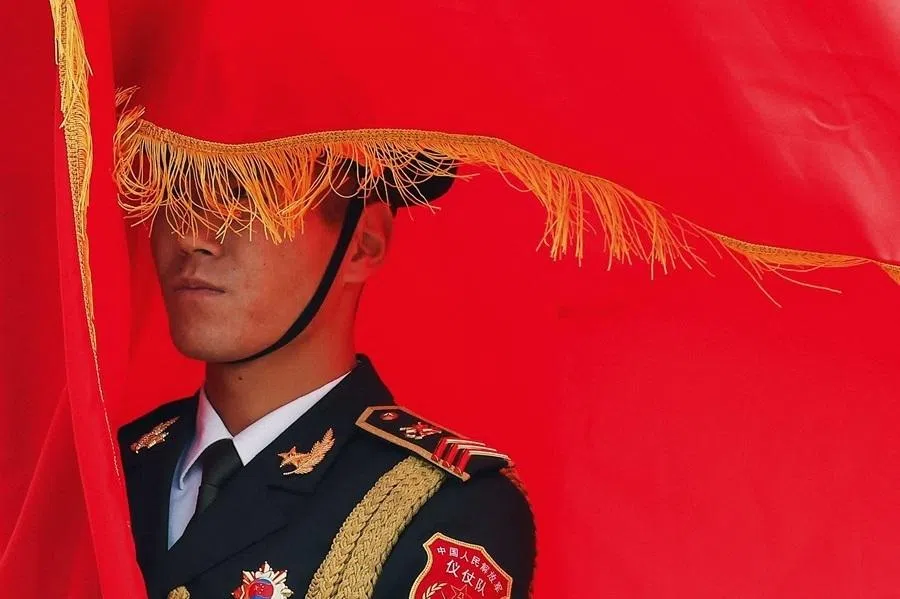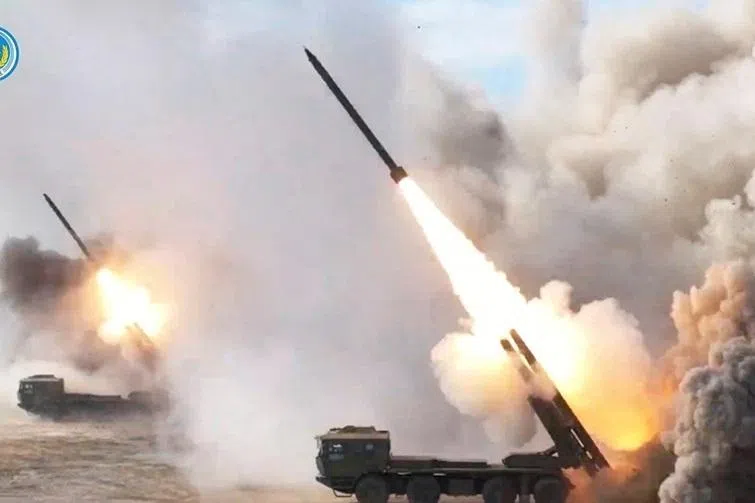Dawn of a new history: The search and re-creation of China's political and economic systems
China has established its own economic, social, and political systems. It is writing a new history and setting itself apart from the West.

In a 1989 essay, which was expanded into a 1992 book, Francis Fukuyama famously announced "the end of history", declaring Western-style liberal democracy to be the most reliable political system and the final form of human government. Fukuyama's eschatological claim made a big splash, perhaps because it fed the needs of a popular Western notion, and perhaps endism manifested itself when the cold war ended and the Soviet Union broke up. But shortly after his assertion, serious cracks appeared in Western liberal democracies, which enervated the West-and by extension-the liberal international order. Today, the interplay of mutually exacerbating internal strains and external shocks in the political West makes any optimism of moderating or resolving the Western crises seem remote.
While the West is mired in its own woes, China's rapid rise and sustainable growth have generated enough force to give rise to new national institutions. On the international front, China is also increasingly gaining weight on the global stage and credence in fast-changing international affairs. History has not ended, and Western liberal democracy as a political form has not achieved universality as Fukuyama prophesied. Instead, China's rise heralds a new history.
China's integration with the world was by design-China's design
Before the founding of the People's Republic of China in 1949, several generations of political leaders, from Sun Yat-sen, Chiang Kai-shek to Mao Zedong (Mao Tse-tung), searched and struggled before finding useful approaches for addressing revolution and state-building problems. Long revolutionary wars ended the regime's prolonged ailing health and internecine strife and the foreign tyranny that persisted since late-Qing. These were also wars of unification. The seven decades of snags, search and change that modern China navigated may be roughly divided into three broad phases: the first thirty years under Mao Zedong; and the start of the reform and opening-up (改革开放) policy (1978) till 2012; and the Communist Party's 18th National Congress in 2010 till today.
Mao's declaration at Tiananmen Square on 1 October 1949 that "the Chinese people have stood up" kick-started the development epic of modern China. But the PRC was shunned by nearly every developed western country. Diplomatic isolation drove it into Moscow's embrace, forcing it to resort to "survival diplomacy". When the alliance unravelled, China sought to build ties with the Third World, reaching out to developing countries in Asia, Africa and Latin America-a strategy devised primarily to forestall Western encirclement. Survival diplomacy was a tough project, but it helped China maintain an independent position of diplomatic autonomy. Unlike many other developing countries, China was self-reliant and self-directed. Freedom from Western dictates meant that China could freely manoeuvre when growing its economy and building institutions.
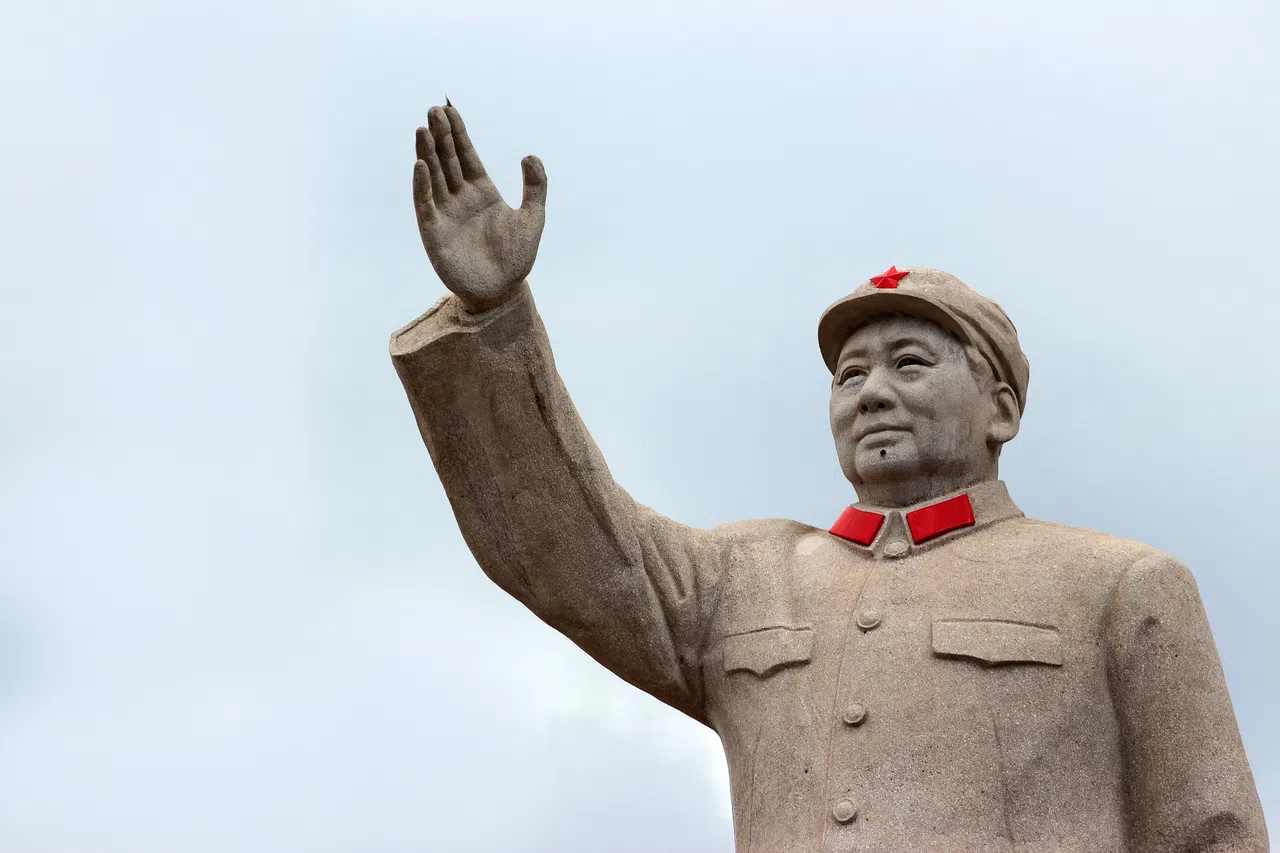
The first thirty years of contemporary China was spent finding the right institutional framework. Despite occasional failures, China's experience in the quest for answers informed its development decisions and institutional building in the post-reform era. So, although China's basic political system was crafted during the Maoist era, its structure has changed little. The post-Mao era is called the "reform era" because China was seeking to improve and correct, not to revolt or remake.
Unlike the Soviet Union, which opted for autarky and isolation, China sought integration and interdependence by plugging into the Western-centric international system.
Initiation of the reform and opening-up policy in 1978 was the watershed that marked China's entry into the "Deng Xiaoping era". This was the period which Deng and other reform-minded leaders launched steps toward real systemic reforms that set in motion China's economic transformation and development. Within just four decades, this big economic experiment engendered the world's greatest economic miracle, resurrecting China from its impoverished depths to become the second largest economy and the largest trading nation. Even its per capita income has come close to high income economies. But China's most miraculous feat is lifting nearly 800 million people from poverty. Historically, many societies have found ways to achieve affluence, but few succeeded at purging poverty. China's anti-poverty story is unparalleled.
Just as vital, and astounding, is that China's economic miracle was conceived in a highly open market. If Mao's era is epitomised by China's independence, Deng's era is typified by its deep integration into the global system. Contrary to Western rhetoric, China's integration with the world was by design-China's design, not the outcome of generous Western doings. Unlike the Soviet Union, which opted for autarky and isolation, China sought integration and interdependence by plugging into the Western-centric international system. China's intentional pursuit of rapprochement and cooperation enabled it to capitalise on and benefit from the opportunities of globalisation to grow quickly. Many countries failed to profit from the global system as China did because they were shackled by their choice. Volitional participation meant that China could be a full card-carrying member in the global system without surrendering independence. Seeking interdependence within the international system has not strangled China's independence in foreign policy and domestic affairs.
The foundational economic and political power systems of China
Economic indicators cannot measure China's every achievement. Whether China's past glory or the modern West's ascendancy points to one precept: the most important symbolisation of a country's rise to prominence or national rejuvenation is when a whole new set of institutions emerges and when these institutions wield considerable international influence. In short, rising to prominence is merely an ostensive representation of increased sophistication and robustness of internal institutions. Ascendancy driven solely by economic might without effective institutional underpinnings is neither reliable nor sustainable. Modern Chinese history has abundant examples. China was the world's largest economy in 1820, representing more than 30% of global GDP, but it was defeated by Great Britain in the Opium War just two decades later.
Institutions are crucial. Being able to discern China's institutional strengths is critical for understanding China's achievements. This discernment is also the bulwark that safeguards the miracles and ensures sustainable development. Yet many have failed to comprehend the institutional bedrock critical to China's success. The two thousand plus years of Chinese history since China's unification by the first Qin emperor has been carelessly characterised by most modern people (even Chinese) as being feudalistic, backward, ignorant and decadent. Since implementing the reform and the open-door policy, many have even begun to regard China's post-1949 institutions as outmoded and slated for change or even abolition. Debates over the "Chinese model" in recent years also reveal the same self-deprecating mentality.
Similarly, the May Fourth Movement has provoked expectations of a ready-made and effective system to fall into the lap. Till this day, many such hopefuls continue to place blind faith in Western institutions and swear by the "Made in the West" label, and assume that Western-style governments are the promise of power and prosperity. Many believe that the parent of China's post-reform success is having learnt from the West, but forget that China's institutional innovations are inspired and encouraged under its open-door policy.
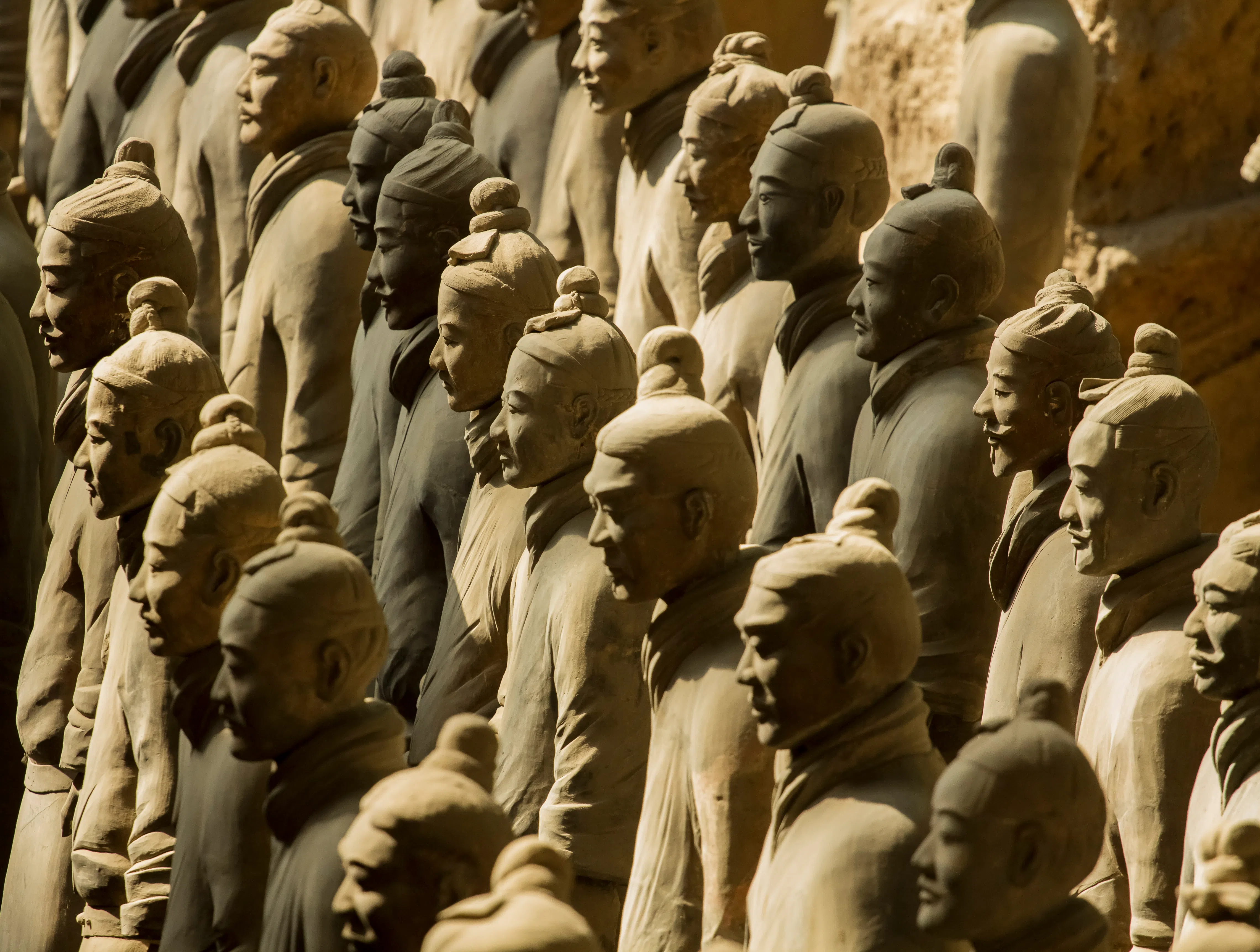
Learning from the West is important. Contemporary China is always committed to learning, but Western systems adopted indiscriminately are doomed for failure. We have ample historical evidence. After World War II, many developing countries were mindlessly aping Western systems. Although the foreign implants were theoretically equipped with salient features such as constitutional government, multipartite political system and free press, the societies and economies of the importers did not shape up; in fact, the foreign imports obstructed development. China's experience from late-Qing to the Republic days affirms my assertion.
Institutional reform in China was never motivated by any superstitious belief in the Western system. The 18th National Congress of the Communist Party of China (Party Congress) in 2012 was a critical point, where loss of faith in the system, disregard of China's institutional superiority and obsession with the need for institutional change were supplanted by confidence and conviction. Since then, institutional confidence and cultural confidence began fitting together as a mutually reinforcing system. China's system was comprehensively reviewed and underwent catholic reforms before culminating in a complete set of institutions.
The idea that the government is responsible for developing and managing the economy is firmly entrenched in Chinese philosophy.
China has a mixed economy that features a three-tier capital structure comprising, in order of economic contribution: state capital, i.e. large firms in chiefly the hands of the state; hybrids, which are amalgamation of state capital and non-state capital from large non-state enterprises; and non-state capital, which are mostly SMEs. By blending state authority and market forces, the mixed economy allows capital and control to find the best point of equilibrium. Co-opetition between different economic factors powers the economy, but the economic stakeholders of the various capital tiers check and balance each other. Loss of equilibrium between the three capital tiers will invite serious economic problems, doesn't matter if nationalism or market fundamentalism governs. The three layers of capital must find equilibrium. In this case, the government's role is indispensable. The idea that the government is responsible for developing and managing the economy is firmly entrenched in Chinese philosophy. So while the state provides capital for the construction of infrastructure and delivery of public service, and for dealing with economic crises and regulating the market, non-state capital drives innovation and energises the market. Over the past decades, China has created an economic miracle and fended off the 1997 Asian financial crisis and the 2008 global financial crisis. Credit goes to the mixed economy.
China calls it the system of "division and cooperation of the three intra-party powers". Similar separation of powers between the decision-making, execution and Censorate was practised for more than two thousand years, from the Han dynasty until late-Qing,
Politically, the Western system of "separation of powers"-which provides unlimited room for partisan contestation-has negative ramifications on the quality and competence of government. By contrast, China's institution-focused reform since the 18th Party Congress harmonises the systemic structures fashioned since 1949 with China's institutional legacies, and separates the powers of decision-making, execution and supervision under the "party-led government (以党领政)" set-up. China calls it the system of "division and cooperation of the three intra-party powers (三权分工合作)". Similar separation of powers between the decision-making, execution and Censorate was practised for more than two thousand years, from the Han dynasty until late-Qing, without interruption. Today, with innovative re-engineering, China has re-established the three-powers system to set the stage for a stable, efficient and clean government.
Although the above economic and political power systems are the foundational systems of China, they need further reform. Unanswered questions with regard to the economic system include: Where are the boundaries of the different capital tiers? How should the thickness of each capital tier be adjusted according to practical needs? How should the state maintain neutrality and give equal treatment to the different forms of ownership? How to establish a rules-based level playing field for the different types of capital? The state-owned sector also requires response to questions on the nature, function and method of operation of state capital.
Key questions for the political system are: Where are the delimitations of the three broad powers? How should decision-making powers be delegated to evolve a more democratic and rigorous decision process? How should execution powers be exercised more efficiently? How to ensure that execution powers are given some extent of autonomy and are free from political interference? How to define the scope of supervision powers? How should supervision powers be exercised effectively to prevent corruption in government? How should abuse of supervision powers be averted and execution powers effectively exercised? These are issues to be dealt with in future political reforms.
The economic system of a society determines its social system, and this in turn shapes the political system. As a system of institutions, entities and processes, the three-tier capital structure defines China's current social structure. It is more than an economic order; it is also a social order. Furthermore, China's political process is open to participation by actors at the various capital tiers and social structures that would guide and shape China's progress.
For other developing countries, China has proven well that no country should ever renounce its culture to make way for new institutions. It should be open and receptive to change, and persist in cultural renewal through creative transformation.
Nonetheless, China's system is still doubted and distrusted by some, and the Western court of public opinion is still buzzing with myriad China collapse narratives. If pragmatism is allowed to triumph over political propaganda and misplace nationalism, the resilience of the Chinese system and its potential power of influence will not be underestimated. China's experience in evolving its institutions is illuminating in at least three aspects. First, China has found its own governance model after a century of revolutions and wars (1840-1949) and seventy years (1949-2019) of searching for the right way to build it. This is a model that is tried and tested, honed and buffed over and over again. Anyone who expects China's model to break down will be seriously disappointed.
Second, many developing countries will find China's experience relevant. China's senior leaders have said that although China will not export its model, China's success will provide another option for countries that wish to develop, but retain their political independence. Increasingly, China is holding its system up as a rival to the Western (especially American) system. The countries appear to fight rancorously to defend business and economics interests. But beneath the conflicts lies a fiercer and more consequential competition over the superiority of system.
For other developing countries, China has proven well that no country should ever renounce its culture to make way for new institutions. It should be open and receptive to change, and persist in cultural renewal through creative transformation. Anything that can stand the test of time must be rooted in civilisation. Effective and sustainable systems and institutions must be planted in a civilisation and cultural soil suited to the country. To flourish, a country must be humble and be willing to learn from its counterparts. But to be enlightened is not to emulate; it is to become better and to give expression to the country's truest qualities. This is universal truth. China did it. So can other countries.
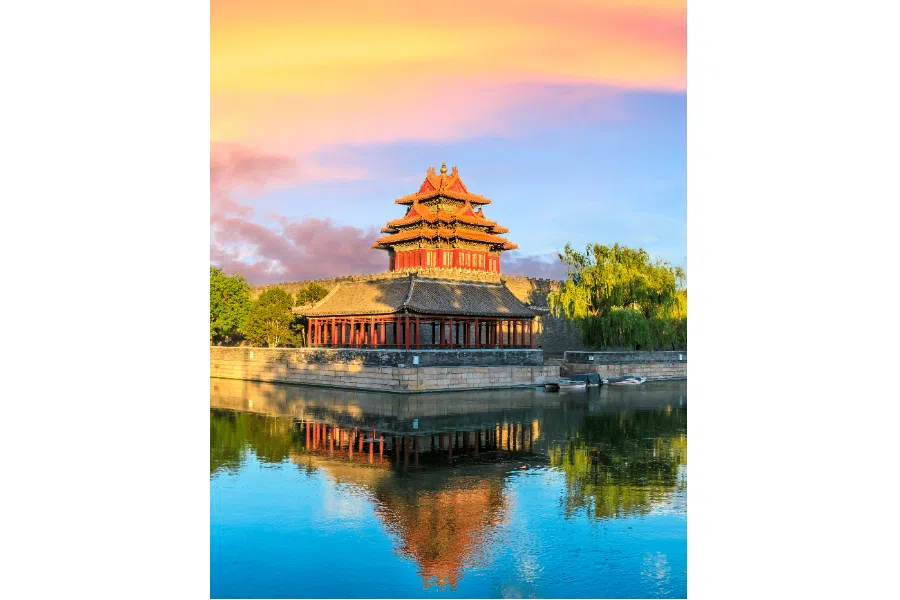
Third, Western societies currently bogged down by chaos could possibly learn a thing or two from the Chinese system. Their crises are caused by serious disequilibria in the political, economic and social power relationship. The West used to do well because powers were balanced. When the economic structure changed, the social structure was immediately altered, and the political structure could not adapt to the altered social structure. The fiery trials in the West can be mitigated and resolved by rebalancing the three powers. But how may this be done?
China has two currently running and evolving systems: the "three-tier" capital structure and the division and cooperation of the three intra-party powers (political structure). These two systems could serve as general templates, buttressed with internal checks and balances within the political, capital and social structures, and with a similar neutralising mechanism that equilibrates the powers of the three structures (external checks and balances). Having two degrees of counterbalance means that the relative power weights of the structures are internally and externally well-balanced to return a steady development trajectory. This endeavour is also teleologically justified, given that improved economic and political systems achieve greater good for human society.
Or should we say, the full suite of new institutions that China spent seven decades creatively searching and shaping may just meet the needs of this new era.
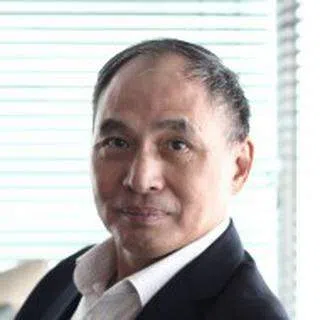


![[Big read] When the Arctic opens, what happens to Singapore?](https://cassette.sphdigital.com.sg/image/thinkchina/da65edebca34645c711c55e83e9877109b3c53847ebb1305573974651df1d13a)
